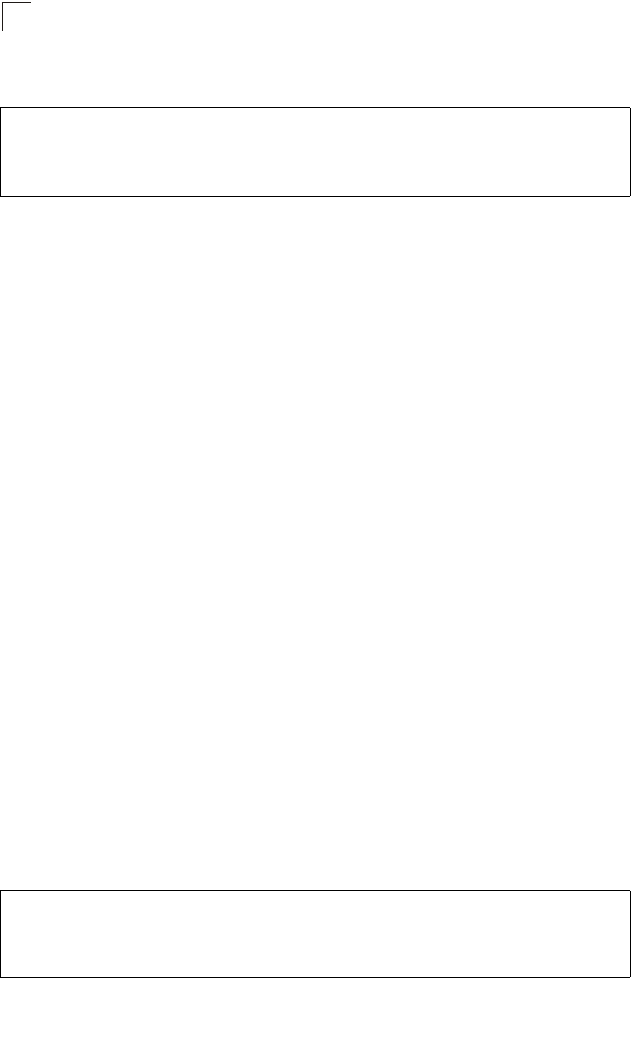
Command Line Interface
4-222
4
average bandwidth to 100,000 Kbps, the burst rate to 1522 bytes, and configure the
response to drop any violating packets.
class
This command defines a traffic classification upon which a policy can act, and enters
Policy Map Class configuration mode. Use the no form to delete a class map and
return to Policy Map configuration mode.
Syntax
[no] class class-map-name
class-map-name - Name of the class map. (Range: 1-32 characters)
Default Setting
None
Command Mode
Policy Map Configuration
Command Usage
• Use the policy-map command to specify a policy map and enter Policy Map
configuration mode. Then use the class command to enter Policy Map Class
configuration mode. And finally, use the set and police commands to specify
the match criteria, where the:
- set command classifies the service that an IP packet will receive.
- police command defines the maximum throughput, burst rate, and the
action that results from a policy violation.
• Currently you may only configure one rule per Class Map, but you can assign
one or more classes to a policy map.
Example
This example creates a policy called “rd_policy,” uses the class command to specify
the previously defined “rd_class,” uses the set command to classify the service that
incoming packets will receive, and then uses the police command to limit the
average bandwidth to 100,000 Kbps, the burst rate to 1522 bytes, and configure the
response to drop any violating packets.
Console(config)#policy-map rd_policy
Console(config-pmap)#class rd_class
Console(config-pmap-c)#set ip dscp 3
Console(config-pmap-c)#police 100000 1522 exceed-action drop
Console(config-pmap-c)#
Console(config)#policy-map rd_policy
Console(config-pmap)#class rd_class
Console(config-pmap-c)#set ip dscp 3
Console(config-pmap-c)#police 100000 1522 exceed-action drop
Console(config-pmap-c)#


















